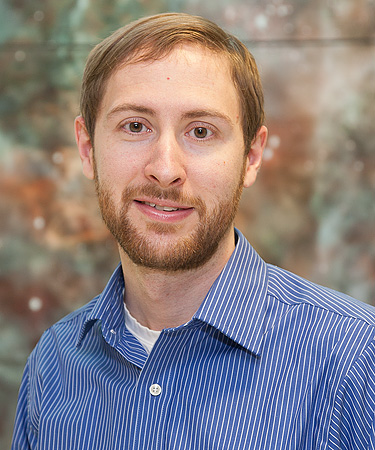Current and Past Visiting Scholars
| Visitor | Period of stay | Research interests | |
|---|---|---|---|
|
Zhi-Yu Zhang(张智昱) University of Edinburgh/ESO |
14 Jun 2017 |
 |
|
|
Zheng Zheng (郑政 ) University of Utah |
12 Jun 2017 to 16 Jun 2017 | cosmology, large-scale structure, galaxy formation and evolution, and Lyman-alpha radiative transfer. I also have broad interests in other fields of astrophysics. |
 |
|
Pau Amaro-Seoane Max-Planck Institute for Gravitational Physics |
9 Jun 2017 to 17 Jun 2017 | stellar dynamics, LIGO/Virgo/LISA black holes, data analysis and gravitational-wave search algorithms, planetesimal dynamics, scalar fields and collisional dark matter, and GPU computing |
 |
|
Nan Li University of Chicago |
9 Jun 2017 | Machine Learning and Gravitational Lensing, interactive Lens Modeling, Simulations of Time Delays in Galaxy Scale Lensing |
|
|
Xu KONG (孔旭) University of Science and Technology of China |
8 Jun 2017 | stellar population synthesis and its application, two dimension properties of low-z/high-z galaxies, formation and evolution of low-z/high-z galaxies, dust attenuation and the IRX-beta relationship |
 |
|
Daniel Harsono Leiden University |
5 Jun 2017 to 15 Jun 2017 | testing of radiative transfer tools for ALLEGRO ALMA arcnode, accretion disk formation around low-mass stars |
 |
|
Zachariah Etienne West Virginia University |
1 Jun 2017 | Compact binary inspirals & mergers: Simulations in fully dynamical spacetimes, Black hole accretion, New techniques for performing compact object and compact binary simulations, Gravitational wave astrophysics & data analysis |
 |
|
Ian Philip Czekala KIPAC Fellow at Stanford University |
24 May 2017 to 28 May 2017 | young stars, protoplanetary disks, pre-main sequence evolution, and exoplanets |
 |
|
Nicolas Caballero Max Planck Institute for Radioastronomy |
20 May 2017 to 27 Jun 2017 | Pulsar Timing, Gravitational Wave detection, Noise characterisation of (millisecond) pulsars Radio Astronomy |
 |
|
Bruno Merín ESAC Science Data Centre |
19 May 2017 | Star and planet formation, disk evolution; Exo-planets population models; Infrared and multi-wavelength astronomy; machine learning and discovery; computational bayesian statistics; Space data science |
 |
